Shola Akinlade and Ezra Olubi set out to unblock the Nigerian digital economy, but what they actually did was far more profound: they rewrote the cultural code of how Nigerians think about money, trust, and possibility in the digital age. Theirs is not just any other tech success story. It is one that follows how these two Babcock University graduates transformed skepticism into faith, and most importantly, made what once seemed impossible feel inevitable.
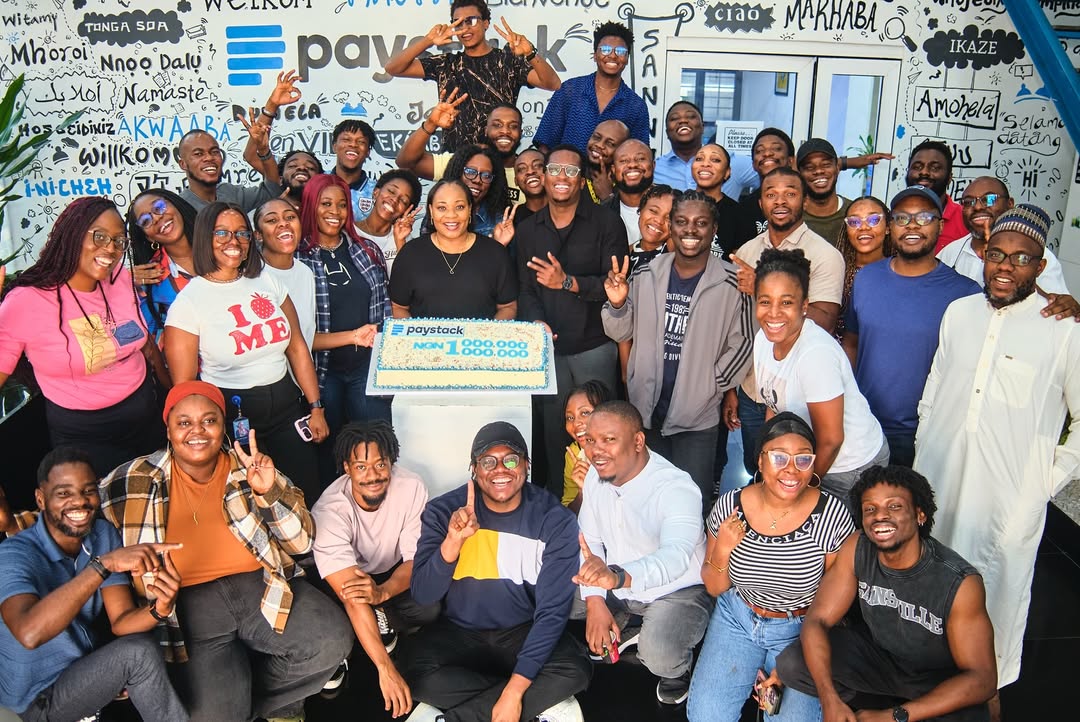
The pre-Paystack landscape was one of digital paralysis. Decades of fraud and email scams had created a psychological barrier so thick that legitimate e-commerce struggled to breathe. For most Nigerians, entering card details on a website felt like sending money into a void, or worse, straight to a scammer's account. Cash-on-delivery and bank transfers remained the norm, not by choice but by necessity. The technical infrastructure for digital payments existed, but the trust that makes commerce possible was missing. Businesses eager to embrace digital transformation found themselves trapped by their customers' collective trauma. Each failed transaction, each story of digital fraud, each disappearing payment reinforced the narrative that the internet was a place where money went to die.
The story begins with two young men who would meet at Babcock University, where both studied computer science. Shola Akinlade, who had his secondary education at St Gregory's College, Lagos, graduated in 2006, while Ezra Olubi was born on November 12, 1986, making him roughly the same age as his future co-founder.
Both born and raised in Nigeria, they were introduced to the world of computing at a young age. Their curiosity and enthusiasm for understanding how things worked became a driving force that shaped their futures. This early exposure to technology would prove crucial in their understanding of both the technical possibilities and cultural barriers that would define their entrepreneurial journey. Their friendship, forged in the halls of Babcock, would become the foundation of one of Africa's most successful fintech companies.
After graduation, Shola started working at Heineken as a trainee for the company's database management. He later worked as a software engineer with several banks. This experience wasn't just about technical skills, it was about understanding how Nigerian businesses operated, how they thought about risk, and what they needed to feel secure in financial operations. Working with banks gave him intimate knowledge of the payment ecosystem's pain points from an institutional perspective.
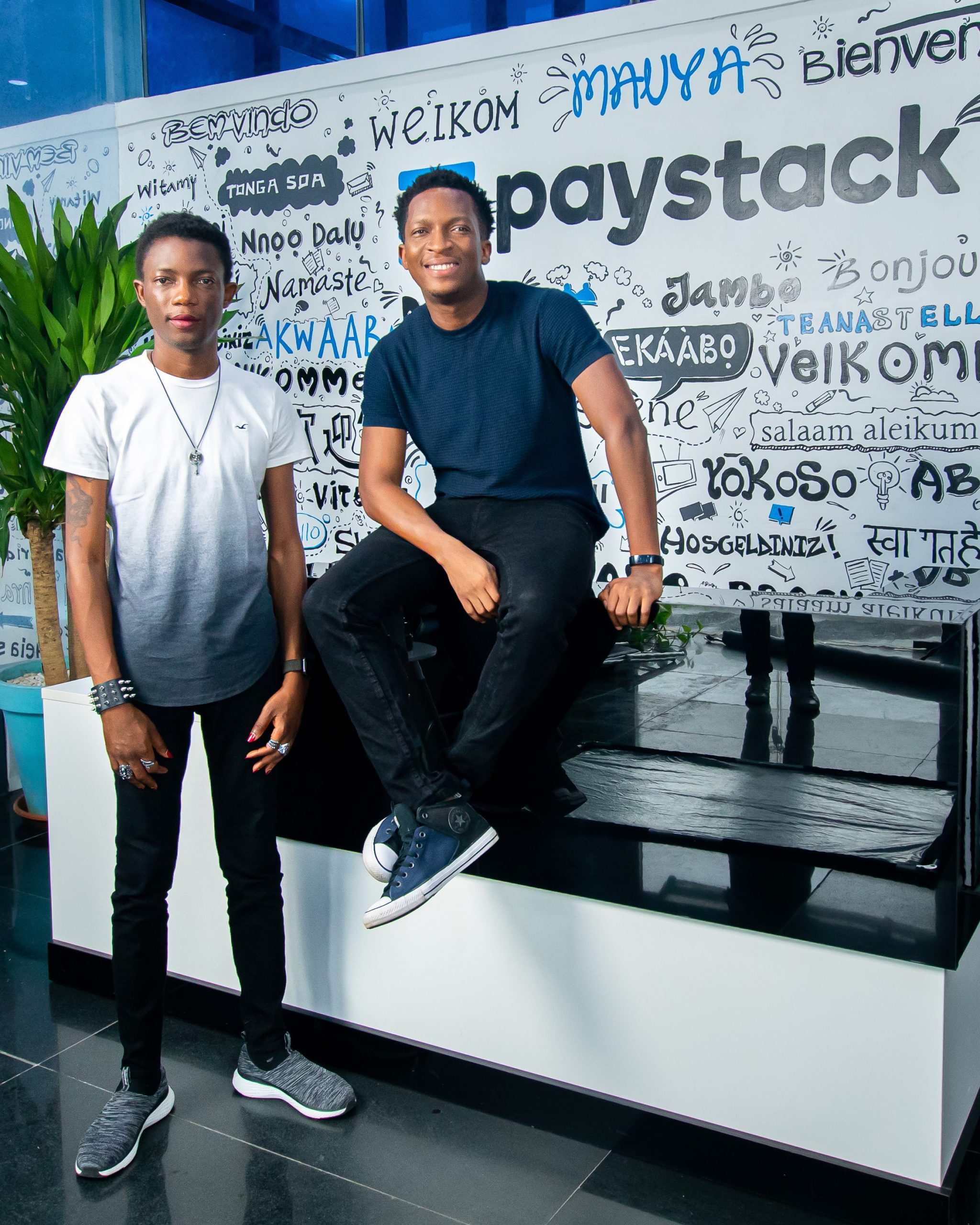
In late 2014, as Shola and Ezra began conceptualizing what would become Paystack, they made a crucial decision that would define their approach: they would talk to business owners before writing a single line of code. They understood that in Nigeria, trust isn't built through marketing campaigns but through word-of-mouth validation within tight-knit business communities. By January 2016, when Paystack officially launched to the public, hundreds of businesses were already on its waitlist. The early days were defined by obsessive attention to reliability. Every transaction was monitored, every error quickly addressed. Paystack understood that in a trust-deficit environment, there was no room for technical failures. One lost payment could undo months of reputation building. This focus on consistent performance over flashy features became their secret weapon.
Founded in 2015, the company was accepted into Y Combinator's startup accelerator in 2016, where it received early-stage funding in Silicon Valley. This marked the beginning of Nigeria's psychological transformation from a consumer of tech innovations to a creator of global solutions. The symbolism of this achievement reverberated far beyond Silicon Valley. Here was a Nigerian company, founded by young graduates from a local university, being invited to join the world's most prestigious startup accelerator.
The $120,000 seed funding that came with YC was modest, but the validation was priceless. As Shola later reflected, it "quite literally changed my life, opening doors and making it possible for my tiny team and I to have a shot at making payments in Nigeria a little better." More importantly, it sent a signal to the broader Nigerian tech ecosystem: if Paystack could make it to Silicon Valley, then African startups could compete globally. The psychological barriers that had long constrained local ambition began to crumble.
Later that year, Paystack publicly launched, and rather than aggressive marketing, they relied on Nigerian businesses themselves as evangelists. Their strategy was simple but profound: make the product work so well that customers become advocates.
By 2018, Paystack was handling over 15% of all online payments in Nigeria, a remarkable share in just two years. The company had grown to serve 17,000+ businesses, from tech startups to universities, logistics companies, and global franchises like Domino's Pizza.
Nigeria is home to more than 200 fintech companies that have been raising more than $50 million in funding per quarter recently. And in a country of more than 200 million people, 40% of the population remains unbanked. Within this ecosystem, Paystack emerged as a leader alongside other major players. With 5 unicorns – Moniepoint, OPay, Paystack, Interswitch, and Flutterwave (out of Africa's 7 unicorns), Nigeria established itself as the continent's fintech powerhouse. The presence of these companies created a competitive environment that pushed innovation while also validating the market size and potential.
The rivalry with companies like Flutterwave was particularly significant. Though most of these VC deals were seed and Series A funding, there were a few memorable growth stage deals like Flutterwave's massive $250m Series D, Interswitch's $110m raise, and MFS Africa's $100m Series C extension. This competition elevated the entire ecosystem, forcing each company to innovate faster and serve customers better.
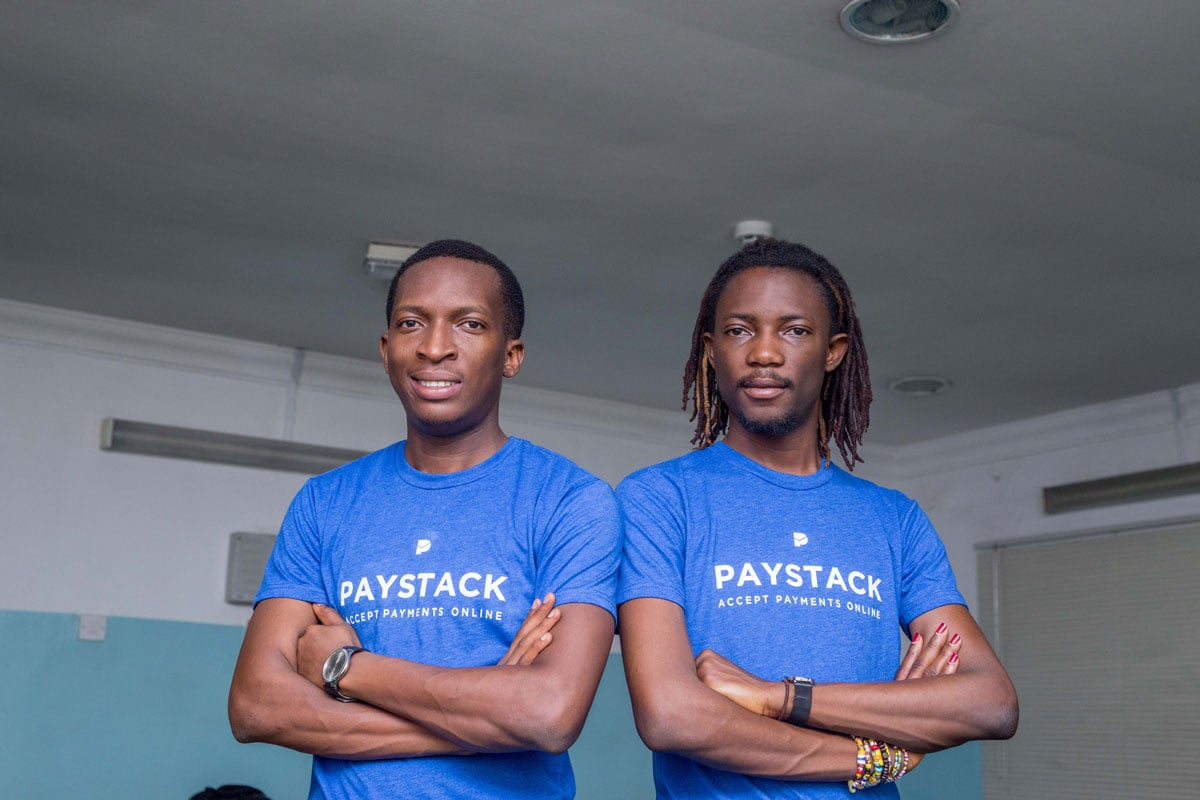
In 2018, Paystack raised an $8 million Series A funding round from global tech giants Stripe, Visa, and Tencent. This was a critical cultural moment validating local innovation at an international scale. The symbolism was powerful: three of the world's biggest payments companies were backing a Nigerian startup, signaling that African fintech was no longer peripheral but central to global payments.
When Stripe announced in October 2020 that it would acquire Paystack for over $200 million, it represented more than a business transaction; it was a cultural inflection point that reverberated across the continent. Paystack at the time was serving over 60,000 businesses, and the acquisition by Stripe for over $200 million, makes it the largest startup acquisition to date from Nigeria and Stripe's biggest acquisition at that time.
Stripe's CEO, Patrick Collison, was effusive about the opportunity: "In absolute numbers, Africa may be smaller right now than other regions, but online commerce will grow about 30% every year... We are thinking of what the world will look like in 2040-2050." His praise for Paystack's team was equally significant: "Clearly they've put a lot of original thinking into how to do things better... that has nothing to do with them being in Africa."
From Paystack's perspective, the acquisition was about mission alignment rather than financial exit. "Paystack was not for sale when Stripe approached us," Shola revealed. "For us, it's about the mission... to accelerate payments on the continent, and I am convinced Stripe will help us get there faster."
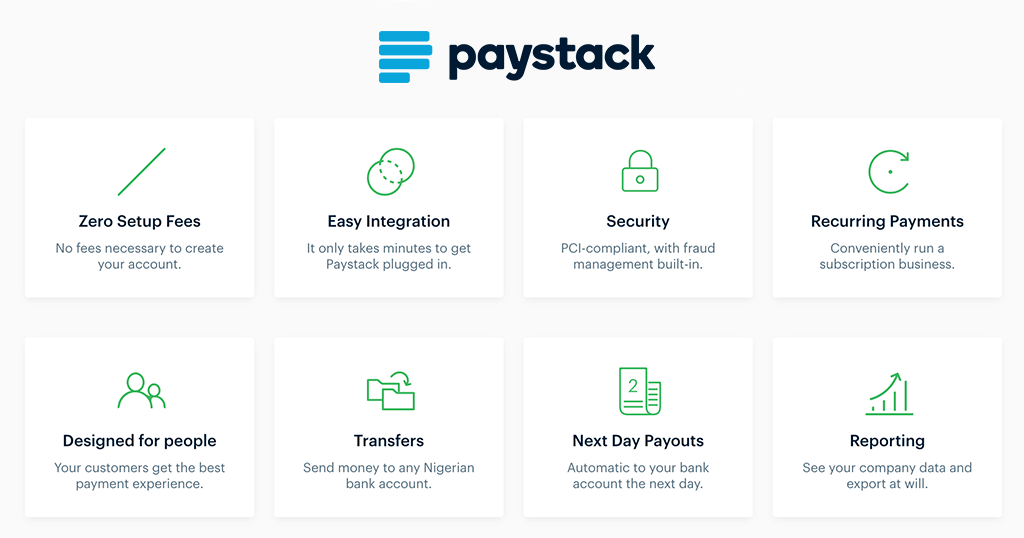
In July 2024, The Trillion Naira Milestone happened, and digital commerce in Nigeria came of age. Paystack achieved a watershed moment: processing over ₦1 trillion in transactions in a single month, roughly $1.1 billion. This wasn't just a business milestone; it was a cultural declaration that digital commerce had truly arrived in Nigeria. Over 200,000 businesses of all sizes use Paystack to collect payments with a modern, secure payment gateway. The platform consistently handles about $1 billion+ in payments monthly, representing countless transactions that might never have happened without the trust infrastructure Paystack built.
Paystack keeps innovating,in 2024, Paystack launched Zap, their first-ever consumer product in nine years. Zap works like an e-naira wallet, providing a secure, fast and safe way for money transfers in Nigeria. This represented a strategic evolution, from enabling businesses to collect payments to empowering consumers to make them.
The success of Paystack has created a demonstration effect throughout Nigeria's tech ecosystem. Young entrepreneurs who once doubted whether African startups could compete globally now see a clear path forward. The psychological barriers that once constrained local ambition have been systematically dismantled.
Their success has rewritten the playbook for African startups: understand your cultural context, build for local needs, maintain global standards, and never underestimate the power of consistent performance. This playbook has been adopted by countless other African companies, creating a multiplier effect that extends far beyond Paystack's direct impact.
Their story is not just about payments, it's about possibility, proving that with the right combination of cultural intelligence, technical excellence, and unwavering focus on user trust, even the most entrenched barriers can be transformed into bridges to the future. And that, perhaps, is their greatest achievement, one that will continue inspiring innovation across the continent for years to come, proving that sometimes the most profound revolutions begin with the simple act of making something work reliably, consistently, and with deep cultural understanding.
.svg)

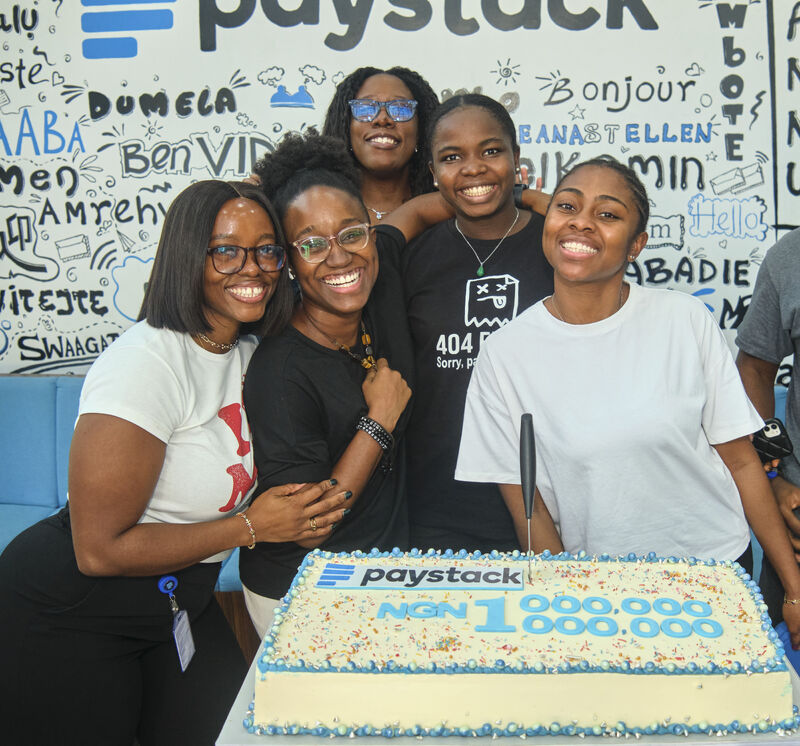





.png)

